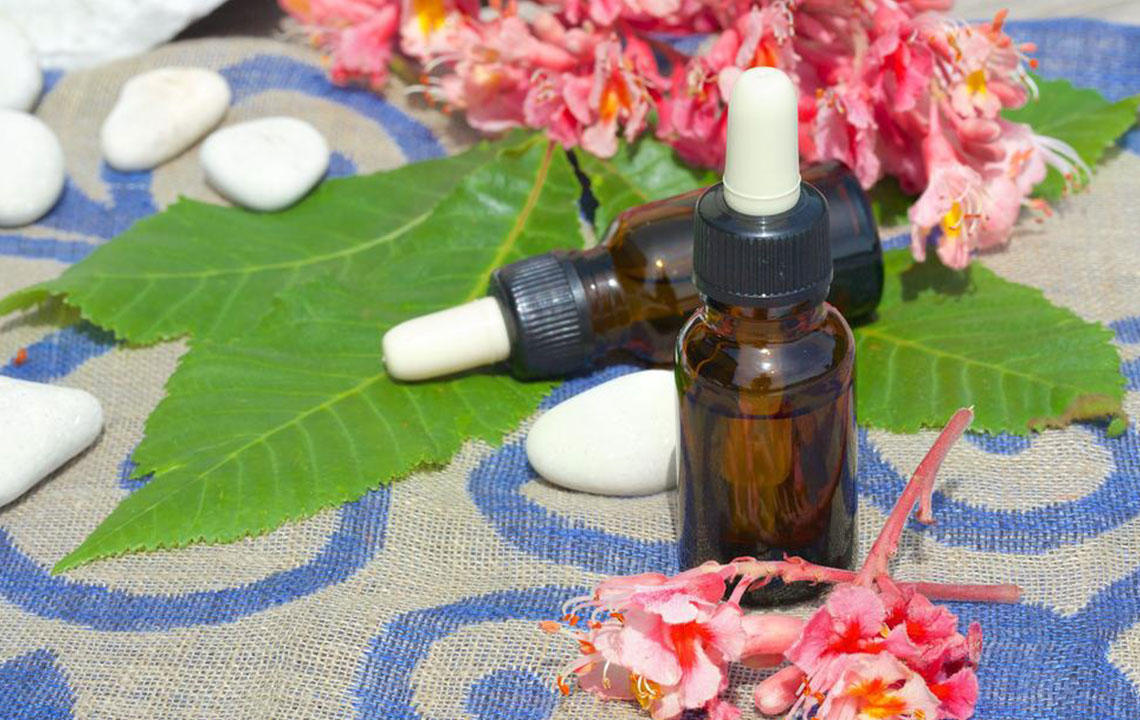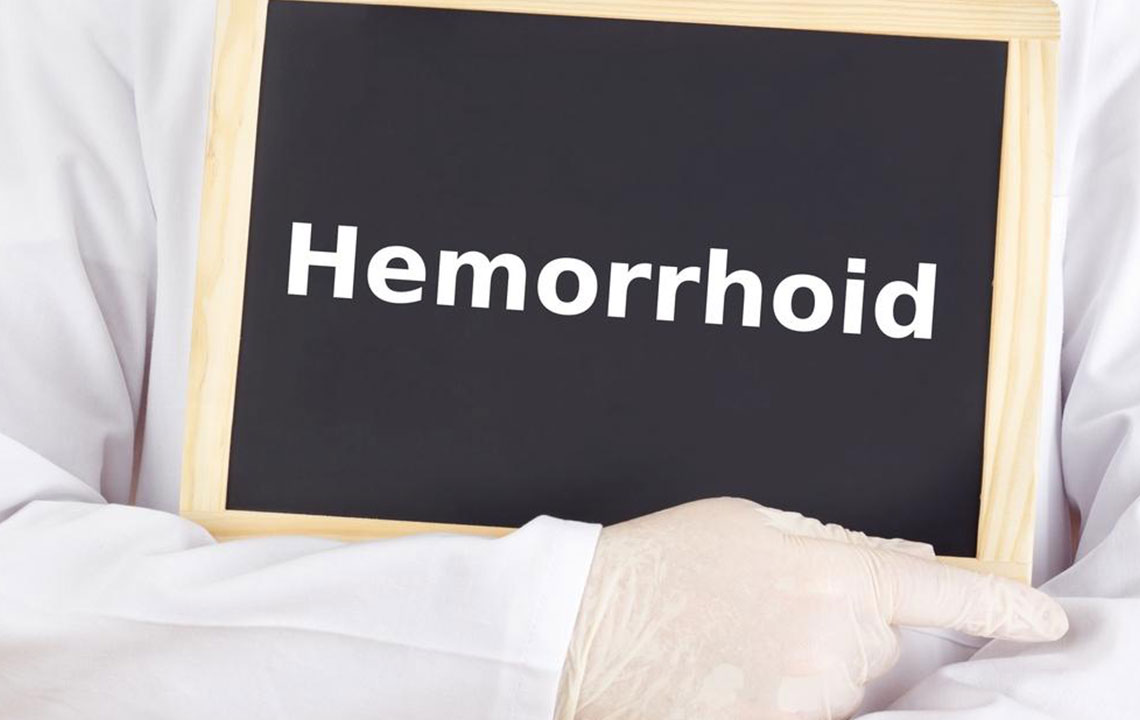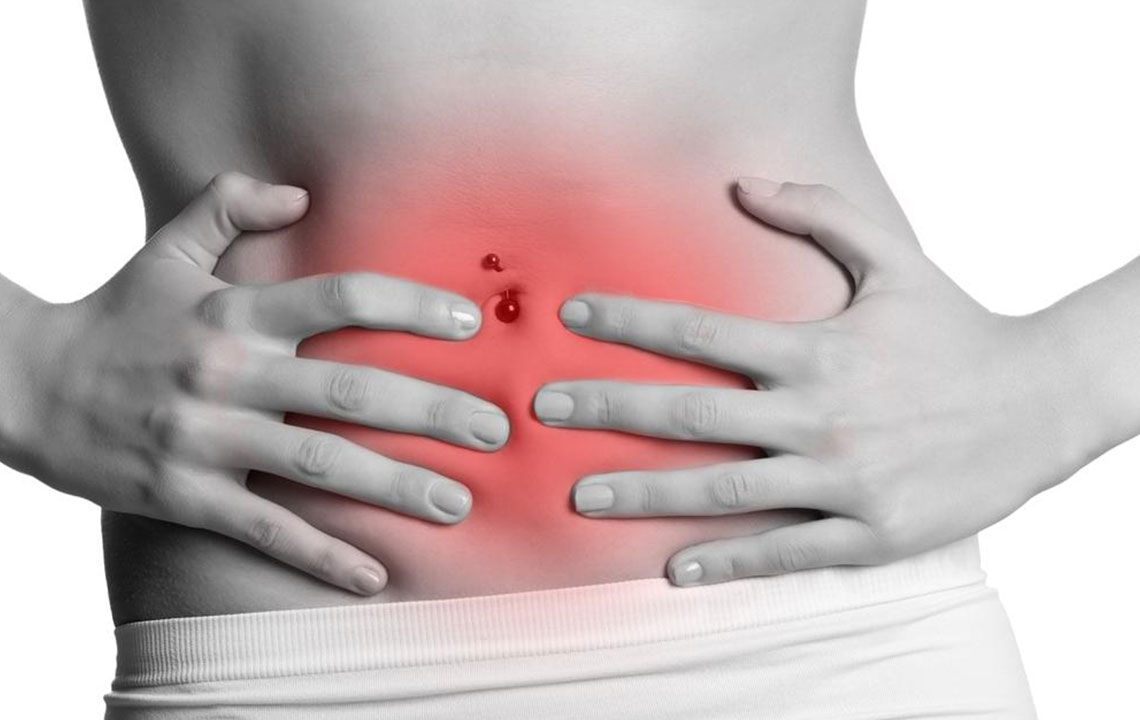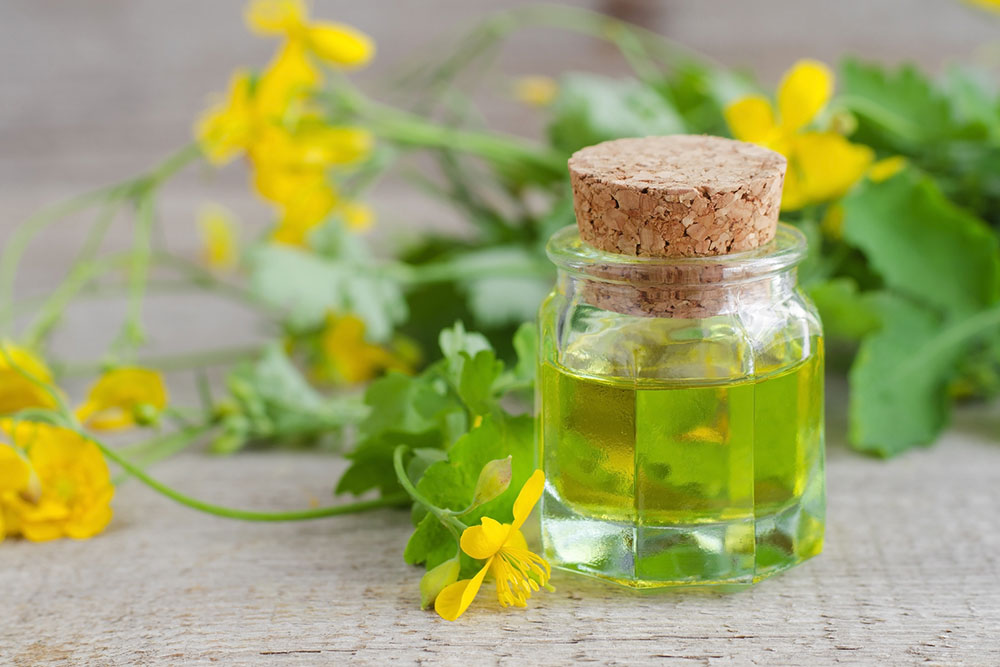Comprehensive Home Remedies for Hemorrhoid Relief and Management
This comprehensive guide explores effective home remedies and lifestyle changes to alleviate hemorrhoid symptoms. From high-fiber diets and warm sitz baths to topical applications and hygiene tips, learn how to manage hemorrhoids naturally and prevent aggravation. Early home care can significantly reduce discomfort, and professional consultation is advised for persistent issues. Astute management provides quick relief and promotes long-term anal health, ensuring comfort and quality of life.
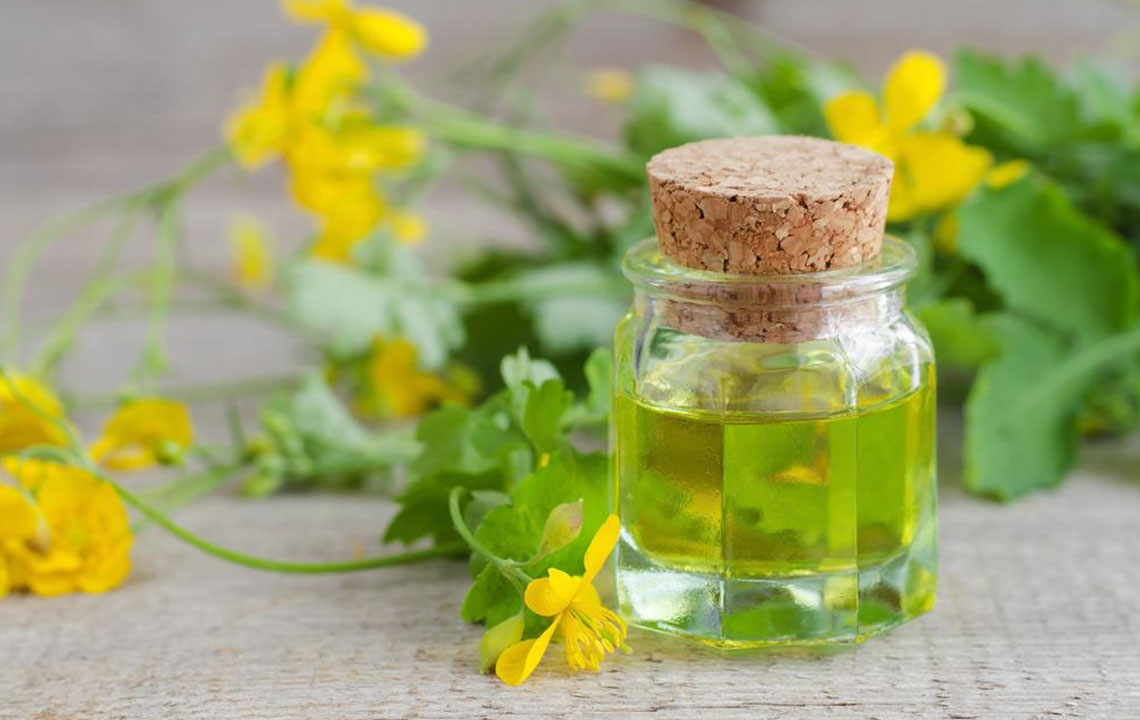
Explore Proven Home Strategies to Relieve Hemorrhoid Symptoms Effectively
Hemorrhoids, commonly known as piles, are swollen veins in the lower rectum and anal area that can cause considerable discomfort and pain. While they are a common condition, many people prefer to manage minor hemorrhoid symptoms with home remedies before seeking medical treatment. Early intervention and lifestyle modifications are essential for effective relief and prevention. Understanding how hemorrhoids develop and recognizing their symptoms are crucial steps towards effective management at home.
Hemorrhoids occur when the vascular structures within the anal canal become swollen or inflamed. They function as cushions that help control stool passage, but when these structures are overstressed or irritated, they can deteriorate into painful or uncomfortable swellings. There are two main types of hemorrhoids: external and internal. External hemorrhoids develop around the anus, often resulting in visible lumps and tenderness, while internal hemorrhoids originate within the lower rectum and might not be immediately visible but can cause bleeding and internal discomfort.
Understanding the symptoms associated with hemorrhoids is vital for early detection. Internal hemorrhoids often present as painless bleeding during bowel movements; you may notice bright red blood on toilet paper or in the toilet bowl. External hemorrhoids can cause swelling, pain, itching, and mucus discharge, especially if they become thrombosed or inflamed. As symptoms progress or bleeding darkens, it's essential to consult a healthcare professional for proper diagnosis and directed treatment.
When it comes to managing hemorrhoids at home, several effective and accessible remedies can significantly alleviate symptoms. These strategies focus on reducing inflammation, easing discomfort, and preventing the worsening of symptoms. Here are some detailed methods and tips that can help you manage hemorrhoids effectively using household resources:
Implement a High-Fiber Dietary Regimen—Consuming a diet rich in fiber is one of the most effective ways to prevent and relieve hemorrhoids. Incorporate ample amounts of fruits, vegetables, whole grains, nuts, seeds, and legumes into your daily meals. Fiber softens stool, making it easier to pass, reducing the strain during bowel movements, which is a primary cause of hemorrhoid flare-ups. Additionally, staying well-hydrated by drinking plenty of water complements fiber intake, further preventing constipation and minimizing pressure on the hemorrhoidal vessels.
Warm Sitz Baths for Symptom Relief—A sitz bath involves sitting in a few inches of warm water, targeting the anal area. Taking such baths for 15 to 20 minutes multiple times a day can relax anal muscles, reduce swelling, and provide significant pain relief. It's especially helpful after bowel movements and before bedtime. Adding soothing agents such as Epsom salts or calming herbal infusions can enhance the healing effects.
Use Topical Soothing Agents—Over-the-counter creams, ointments, and wipes containing ingredients like witch hazel, hydrocortisone, or aloe vera can reduce inflammation, soothe irritation, and minimize itching. These topical applications should be used cautiously and in moderation, following product instructions. For short-term relief, these remedies can significantly improve comfort, especially during flare-ups.
Maintain Proper Hygiene and Gentle Cleaning—Proper cleanliness after bowel movements helps prevent further irritation or infection. Use warm water and gentle wipes or soft cloths instead of harsh or alcohol-based products to cleanse the anal area. Avoid vigorous scrubbing that can aggravate sensitive skin. Pat dry carefully to prevent moisture buildup that could promote bacterial growth or discomfort.
Cold Compresses to Reduce Swelling and Pain—Applying an ice pack wrapped in a cloth directly to the swollen area can temporarily reduce inflammation and numb the area, alleviating pain. Use cold compresses for 10-15 minutes at a time, with breaks in between, particularly during acute flare-ups. This simple home remedy can provide immediate relief and reduce swelling effectively.
Additional tips for successful hemorrhoid management include over-the-counter pain relievers like acetaminophen or ibuprofen, avoiding scratching or irritating the area further, wearing loose, breathable cotton underwear to reduce moisture and friction, and avoiding dry or rough toilet paper. It is also advisable to avoid straining during bowel movements by not forcing stool out, which can worsen existing hemorrhoids or cause new ones.
Many individuals find relief within a week by adhering to these home remedies and lifestyle modifications. However, persistent or worsening symptoms warrant medical evaluation. In some cases, medical professionals may recommend additional interventions such as minimally invasive procedures or surgical removal if hemorrhoids become severe or do not respond to conservative management. Early and consistent home care plays a critical role in preventing complications and achieving quick recovery.
In conclusion, managing hemorrhoids at home is feasible and effective with proper dietary habits, hygiene practices, and symptom relief techniques. Being attentive to your body and seeking professional help when needed ensures a smooth and speedy recovery process. Remember, proactive lifestyle adjustments and home remedies not only alleviate current discomforts but also help prevent future flare-ups, promoting overall anal health and well-being.
